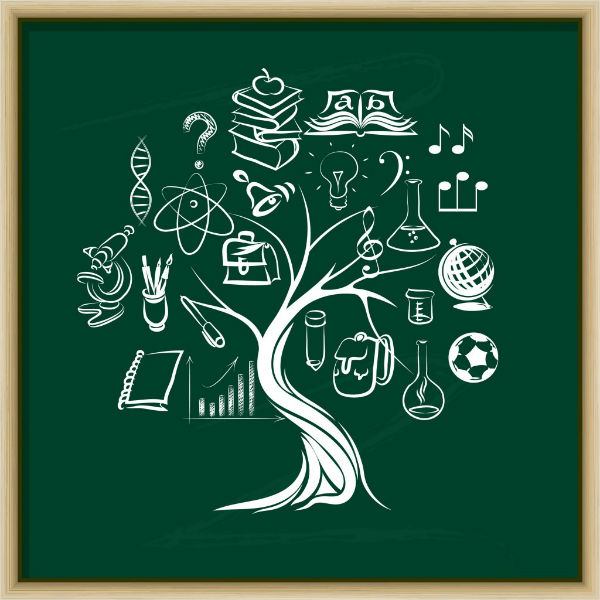 Research: Numerous studies cite the importance of the learning environment on student achievement. They have found correlations between improved learning environments and behavior, motivation, learning, achievement, and overall well-being. It makes sense, really, that the more comfortable a child is, the more they will able to focus, engage, learn, and progress in school. The trouble most schools find in creating optimal learning environments is trying to find some middle ground that will appeal to a majority of students (the mythical “average”).
Research: Numerous studies cite the importance of the learning environment on student achievement. They have found correlations between improved learning environments and behavior, motivation, learning, achievement, and overall well-being. It makes sense, really, that the more comfortable a child is, the more they will able to focus, engage, learn, and progress in school. The trouble most schools find in creating optimal learning environments is trying to find some middle ground that will appeal to a majority of students (the mythical “average”).Optimal Learning
 Research: Numerous studies cite the importance of the learning environment on student achievement. They have found correlations between improved learning environments and behavior, motivation, learning, achievement, and overall well-being. It makes sense, really, that the more comfortable a child is, the more they will able to focus, engage, learn, and progress in school. The trouble most schools find in creating optimal learning environments is trying to find some middle ground that will appeal to a majority of students (the mythical “average”).
Research: Numerous studies cite the importance of the learning environment on student achievement. They have found correlations between improved learning environments and behavior, motivation, learning, achievement, and overall well-being. It makes sense, really, that the more comfortable a child is, the more they will able to focus, engage, learn, and progress in school. The trouble most schools find in creating optimal learning environments is trying to find some middle ground that will appeal to a majority of students (the mythical “average”). Research: The World Health Organization identifies
Research: The World Health Organization identifies 
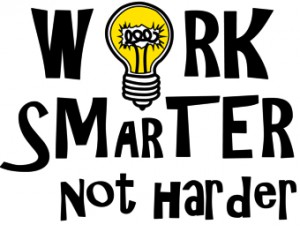 Research: Studies show that traditional classrooms wield inefficient use of student time (Goodlad 1984, Godwin et al. 2013). Only 70 percent of a student’s time in such an environment is dedicated to instruction, while the other 30 percent is dedicated to routines, behavioral issues, and socialization. Within that 70 percent of the school day, instruction is geared to teaching the mythical “average student,” meaning that lessons must be presented broadly, practiced, assessed, corrective procedures put into place, and assessed again. After assessment the teacher moves on to the next lesson, with or without students who mastered the concept. This methodology serves a few students well, but students on either end are left either bored or frustrated and, ultimately, alienated.
Research: Studies show that traditional classrooms wield inefficient use of student time (Goodlad 1984, Godwin et al. 2013). Only 70 percent of a student’s time in such an environment is dedicated to instruction, while the other 30 percent is dedicated to routines, behavioral issues, and socialization. Within that 70 percent of the school day, instruction is geared to teaching the mythical “average student,” meaning that lessons must be presented broadly, practiced, assessed, corrective procedures put into place, and assessed again. After assessment the teacher moves on to the next lesson, with or without students who mastered the concept. This methodology serves a few students well, but students on either end are left either bored or frustrated and, ultimately, alienated.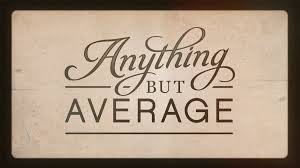
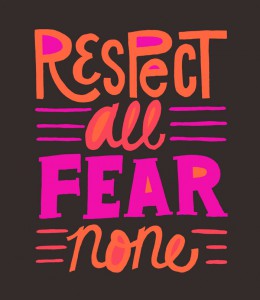 hool and at home, distinguishing the concept of respect from that of obedience. They define obedience as “following the directions of an authority figure,” an act that is based in fear and results in compliance. By contrast, respect means “holding the other person in high regard” and considering their feelings, an act that is based in a cooperative relationship. In schools, they suggest that teachers and staff model self-regulation and respect, connect with students before asking anything of them/correcting them, and listen to their students. Click
hool and at home, distinguishing the concept of respect from that of obedience. They define obedience as “following the directions of an authority figure,” an act that is based in fear and results in compliance. By contrast, respect means “holding the other person in high regard” and considering their feelings, an act that is based in a cooperative relationship. In schools, they suggest that teachers and staff model self-regulation and respect, connect with students before asking anything of them/correcting them, and listen to their students. Click  Research: Eric
Research: Eric 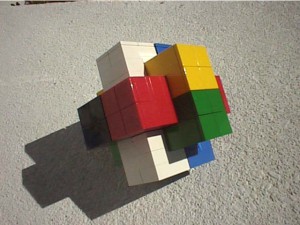
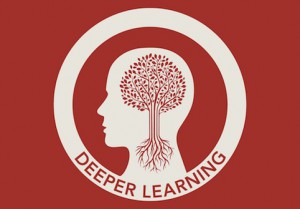 ula utilized in schools today focus on cramming a vast quantity of content into students’ heads with the expectation that they will not only know it, but also be able to evaluate, apply, and think critically about it—all on a high-pace timetable. More focus is placed on what they know than how they think, with a worrisome sense that our kids won’t “know everything” by the time they’re 18. Our founder, Karen Fogle, notes that it’s important to step back and realize that children aren’t going to learn everything. As such, trying to teach them more than they can process is a waste of time and energy. Instead, it’s more valuable to cover less material and have it be remembered than cover a lot of material and have it be forgotten. Students need time to process information and figure out where and how to store it, otherwise they will have no memory of learning it and certainly no ability to use it to solve problems. In today’s world, there is no lack of information and very little need to memorize facts when they are at your fingertips. What’s really valuable is knowing how to access resources to gather what you need to know and be able to think critically about what you discover.
ula utilized in schools today focus on cramming a vast quantity of content into students’ heads with the expectation that they will not only know it, but also be able to evaluate, apply, and think critically about it—all on a high-pace timetable. More focus is placed on what they know than how they think, with a worrisome sense that our kids won’t “know everything” by the time they’re 18. Our founder, Karen Fogle, notes that it’s important to step back and realize that children aren’t going to learn everything. As such, trying to teach them more than they can process is a waste of time and energy. Instead, it’s more valuable to cover less material and have it be remembered than cover a lot of material and have it be forgotten. Students need time to process information and figure out where and how to store it, otherwise they will have no memory of learning it and certainly no ability to use it to solve problems. In today’s world, there is no lack of information and very little need to memorize facts when they are at your fingertips. What’s really valuable is knowing how to access resources to gather what you need to know and be able to think critically about what you discover.